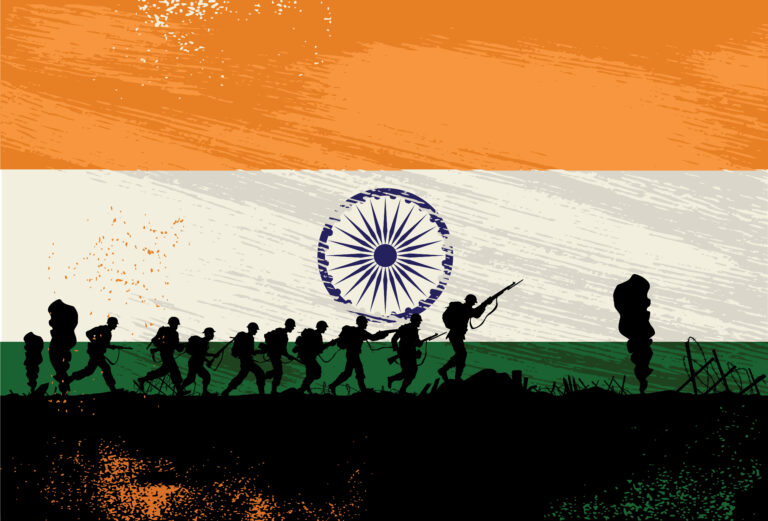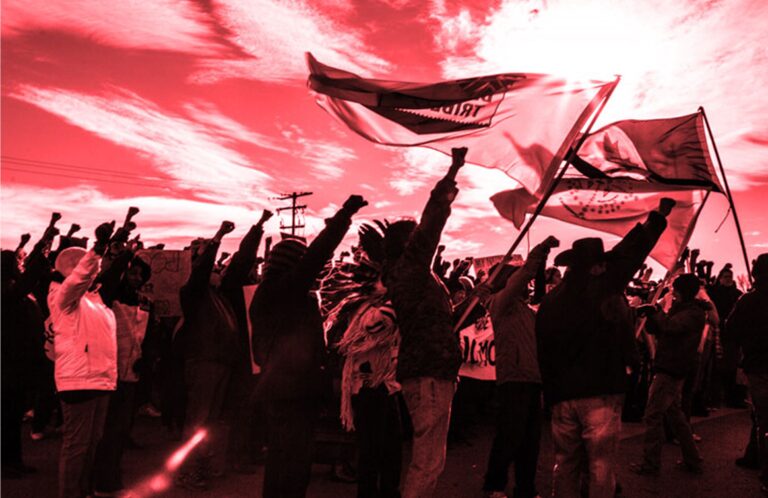Anybody who has spent any time reading or watching media coverage of the Israel/Palestine conflict and is in any way objective soon realizes that some notable exceptions, journalists are increasingly one-sided in their reporting. Some of the reasons are obvious. Such as, for example, the endearing hotel habits of the PLO. Reporters would stay at an especially grand venue just outside the walls of the Old City of Jerusalem. When they came to pay their bill they would be told that they had been guests of free Palestine but they would be given a receipt anyway, just in case they might want to claim something on their expense account.
Hardly unique or world shattering but fairly typical of the double-dealing that goes on in this part of the world. Until the mid 1970s Israel was a media darling, an embattled and attractive Jewish state struggling for its life as a bulwark of liberal democracy and even socialism. The left liked it, and if the left liked it we can be sure that journalists liked it.
In spite of what pop historians tell us, until the Yom Kippur War of 1973, the United States had by no means been the firmest ally of Israel. Washington ended the Suez war in 1956, much to the chagrin of Israel, by threatening a full-scale attack on British currency. In 1967 Israel flew French warplanes and drove British tanks. And France and Britain are, naturally, so much more sophisticated and worldly than the United States. So, in media terms, for Israel: read America, and for America: read all that is wrong and bad with the world. Anti-Semitism is involved of course but this is a difficult one. Not every critic of Israel is anti-Semitic but every anti-Semite is a critic of Israel.
It doesn’t help that western journalists contemptuously refer to Israeli soldiers as, “Shlomo.” It means Solomon but is, believe me, spoken with an attempt at derisory generalization rather than admiration for wisdom. Yet in some ways the Israelis deserve it. They are so unutterably dreadful at the propaganda game. One constant is the Jewish perception of death compared to that of so many Arab Muslims. We are inundated with obscenely intimate images of dead Palestinian children in Gaza and people with open wounds and ripped limbs. Israel also has its smashed and shattered but will not allow photographer to play the vulture. Israeli officials keep journalists away from their dead and dying, Arab officials tend to lead them, often literally, by the hand to the killing fields.
Never was this more acute than with the case of Samir Kuntar, the Hizbullah “militant” on top of Hassan Nasrallah’s “must free” list of Israeli prisoners. In 1979 he and his gang broke into the home of the Haran family in northern Israel. They took Danny Haran and his four-year-old son Anat to the beach and bashed the little boy’s brains out on the rocks while his father watched. They then shot the man to death. Smadar Haran, the mother, hid in a loft with the couple’s two-year-old daughter. But in holding her mouth over terrified little Yael’s mouth in an attempt to save her, Smadar tragically smothered her daughter to death.
No photos were given to the press and this incident is never mentioned when prisoner exchange deals are discussed. This monster is now a celebrated guest of the Lebanese government and revered throughout Gaza as a hero of the resistance. This will not be explained as we are told by journalists based in the Middle East how Israel refuses to compromise. When reading and listening to them, however, remember that hardly any of them, and in particular the BBC, have yet to apologize for describing the battle of Jenin in 2002 as “an unprecedented Israeli massacre”. It was widely implied, even stated, that there were several hundreds if not thousands of dead Palestinian civilians.
It was soon revealed that only 56 Palestinians had been killed, most of them heavily armed. Israel had lost 23 soldiers, mainly because they had cleared the town house by house rather than by bombardment in an attempt to save innocent Palestinian lives.
Something similar occurred during the Gaza operation at the end of 2008. The numbers are seldom reliable and it is staggering how quickly dead Hamas soldiers and policemen are stripped of their uniforms and transformed into social workers and poets. Detailed analyses of European media in particular in December show that Israeli spokespeople were given a fraction of time given to Palestinian representatives. And in countries such as Spain and Britain the contempt for the Israeli position was almost palpable. Similarly, I saw the cynicism of the Arab combatants and the fellow traveling credulity of western reporters first-hand during the Hezbollah war in 2006 when the same bodies would appear again and again in different poses in different photos.
The nuances of journalistic language say a great deal. Reporters referred last week to “American-made” helicopters and F16s. Actually, the modifications made to these machines by the Israelis are enormous, but surely their place of origin is largely irrelevant. The same reporters do not refer to “Israeli-made” tanks, as the Merkavas certainly are, or to the “Israeli-made” machine guns, pistols and assault rifles. It is yet another way of making Israel appear the bully.
It isn’t. It’s an imperfect and besieged nation that was recreated as a Jewish homeland 62 years ago because the very countries now condemning it for its self-defence refused for 1,500 years to treat Jews as human beings. If anything, the media coverage in 2010 is likely to be more damning of Israel than in 2009. Israel will cope of course; it’s just that it and we deserve something far better.






